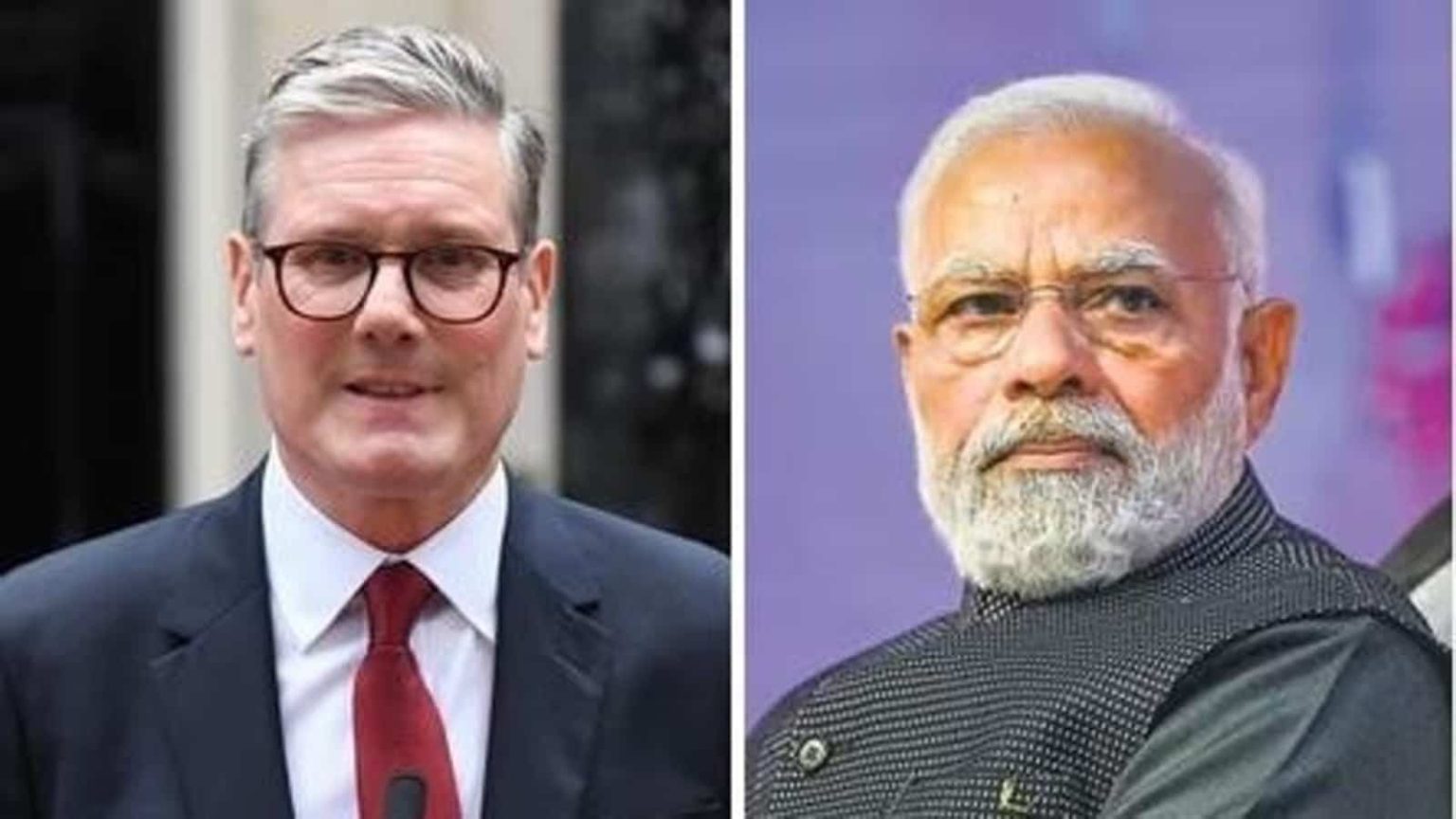Keir Starmer said, “the Security Council has to change to become a more representative body, willing to act – not paralysed by politics.”UK Prime Minister Keir Starmer on Thursday announced his support for India’s bid for a permanent seat at the United Nations Security Council (UNSC) during the 79th session of the UN General Assembly, following a similar endorsement from French President Emmanuel Macron. Speaking at the UN General Assembly in New York, Keir Starmer said, “The Security Council has to change to become a more representative body, willing to act – not paralysed by politics.”
He added, “We want to see permanent African representation on the Council, Brazil, India, Japan and Germany as permanent members, and more seats for elected members as well.”India has been leading the charge at the UN for urgent, long-overdue reforms of the Security Council, asserting that it rightfully deserves a permanent seat at the UN’s high table. India contends that the 15-member council, established in 1945, is “outdated and fails to represent the current geopolitical landscape of the 21st century.”
India’s most recent term at the UN high table was as a non-permanent member from 2021 to 2022. There is an increasing call to expand the number of permanent members to better reflect the realities of today’s global dynamics.
French President Macron’s bid for India’s permanent membership in UNSC
Emmanuel Macron has voiced his support for India’s bid for permanent membership in a reformed United Nations Security Council while advocating for the expansion of this influential UN body. “We have a Security Council that is blocked…Let’s make the UN more efficient. We have to make it more representative,” Macron stated during his speech at the United Nations General Assembly in New York on Wednesday.
“That’s why,” he continued, “France is in favour of the Security Council being expanded. Germany, Japan, India, and Brazil should be permanent members, as well as two countries that Africa will decide to represent it.” Macron’s remarks came days after Prime Minister Narendra Modi in his address to the ‘Summit of the Future’ on Sunday emphasised that for global peace and development, reforms in institutions are essential, underlining that reform is the key to relevance.



